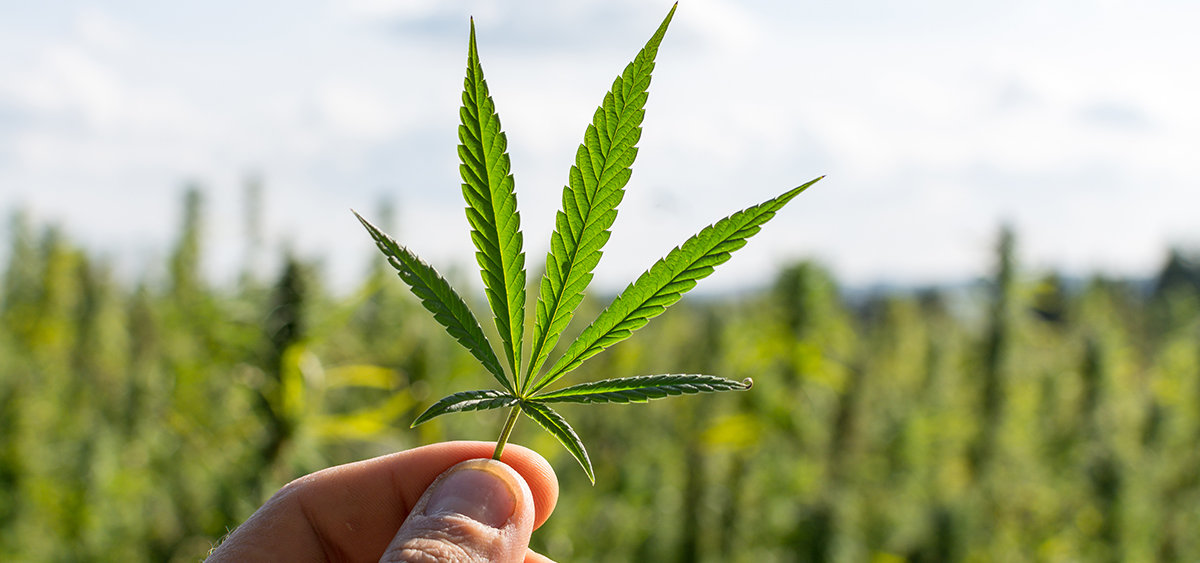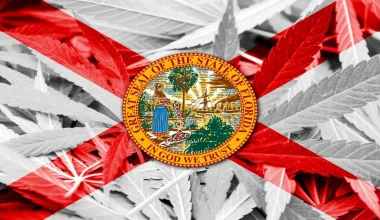Neither the enactment of medical cannabis legalization nor the establishment of dispensaries are associated with any upticks in young people’s use of marijuana, according to data published in the journal Substance Abuse.

A team of investigators affiliated with John Hopkins University in Baltimore, as well as with Harvard University and the Massachusetts Cannabis Control Commission reviewed cannabis use trends in more than one-million adolescents (grades 9-12) over a 25 years period.
Consistent with prior studies, authors concluded, “This study found no evidence between 1991 and 2015 of increases in adolescents reporting past 30-day marijuana use or heavy marijuana use associated with state MML [medical marijuana law] enactment or operational MML dispensaries.”
Authors added: “Our main finding was that adolescents residing in states with MMLs had significantly lower odds of past 30-day (“current”) marijuana use compared to adolescents residing in non-MML states (6 percent). In grade stratified analyses, the 9th graders had 9 percent lower odds, whereas there were no differences for other grade levels.”
Commenting on the study’s findings, NORML Deputy Director Paul Armentano said: “These data, gathered from 46 states over more than two decades, show unequivocally that medical cannabis access can be legally regulated in a manner that is safe, effective, and that does not inadvertently impact young people’s habits. These findings should reassure politicians and others that states’ real-world experience with medical cannabis is a success from both a public health and a public safety perspective.”
The abstract of the study, “Medical marijuana laws (MMLs) and dispensary provisions not associated with higher odds of adolescent or heavy marijuana use: A 46 state analysis, 1991-2015,” appears online. Additional information is available from the NORML fact-sheet, “Marijuana Regulation and Teen Use Rates.”
Medical Disclaimer:
The information provided in these blog posts is intended for general informational and educational purposes only. It is not a substitute for professional medical advice, diagnosis, or treatment. Always seek the advice of your physician or other qualified healthcare provider with any questions you may have regarding a medical condition. The use of any information provided in these blog posts is solely at your own risk. The authors and the website do not recommend or endorse any specific products, treatments, or procedures mentioned. Reliance on any information in these blog posts is solely at your own discretion.






